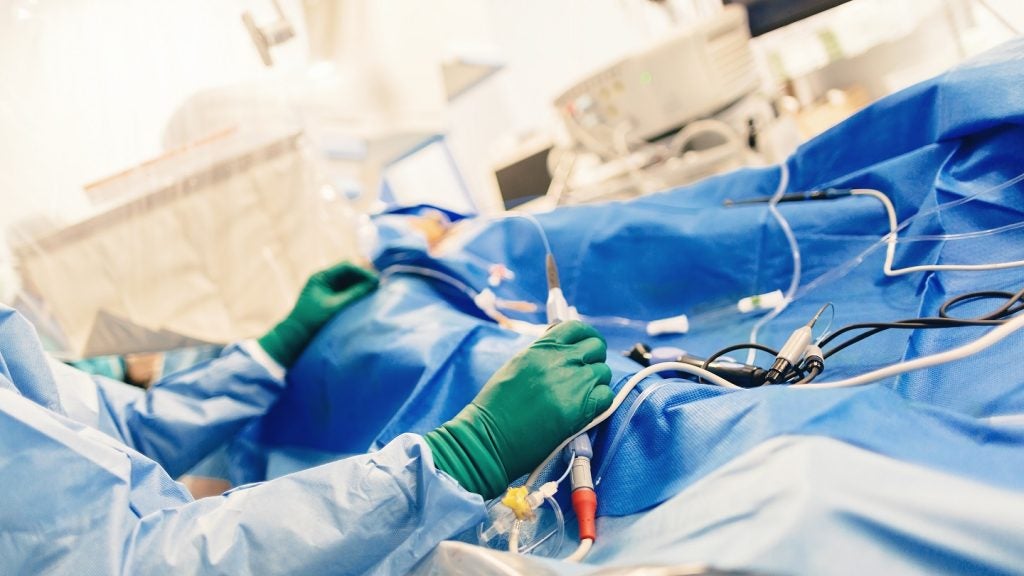AI has become increasingly essential in the medical field, particularly due to the challenges brought by the Covid-19 pandemic.
The pandemic has driven the rapid adoption of AI technologies to improve diagnostics, treatment, and patient management.
AI-powered tools have provided quicker and more precise Covid-19 detection through imaging and predictive analytics, helping identify high-risk patients and optimise resource distribution.
Additionally, AI has supported remote monitoring and telehealth services, easing the load on healthcare facilities and reducing exposure risks.
GE has already included Intelligent Ultrasound software in its offerings.
The ScanNav Assist AI technology powers GE’s SonoLyst AI software used in its Voluson ultrasound machines for obstetric imaging.
This software, which was initially exclusive to GE, became more accessible following GE’s acquisition of the clinical AI business.
In 2020, GE introduced an ultrasound system that featured Intelligent Ultrasound’s software.
According to leading data and analytics company GlobalData's reports, every segment of the AI market is expected to grow over the next decade.
According to GlobalData forecasts, the AI market was worth $81.3bn in 2022 and will grow at a compound annual growth rate of 35.2% to $908.7bn by 2030.
Intelligent Ultrasound sold the clinical version of its Scannav Anatomy Peripheral Nerve Block software to other customers.
The company identified clinical AI software as its main market for future growth and began developing products such as Scannav FetalCheck for gestational age estimation and Scannav Liver.
GE said the acquisition "adds an AI innovation pipeline that serves to help advance future development".
Research and development experts from Intelligent Ultrasound will join GE as part of the deal.
GE previously added to its AI capabilities by acquiring Caption Health in 2023.
Intelligent Ultrasound will stop selling Scannav Anatomy Peripheral Nerve Block but will continue to support existing customers.
NeedleTrainer and NeedleTrainer Plus are unaffected by the GE acquisition.
The Covid-19 pandemic has emphasised the critical role of AI in rapidly responding to health crises, enabling remote patient care, and optimising medical workflows.
As AI technology continues to evolve, its integration into healthcare systems promises to drive innovations that improve patient outcomes, reduce costs, and ensure better preparedness for future health challenges.
The ongoing development and adoption of AI in medicine will undoubtedly shape the future of healthcare, making it more responsive, accurate, and patient-centric.















